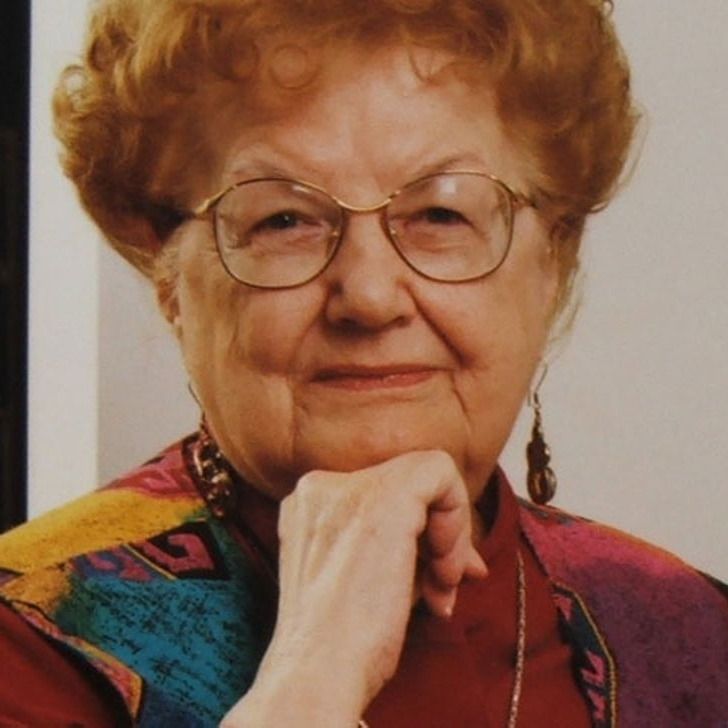A HOUND IS LOOSED
Feb 25, 2023

Andre Alice Norton was an American writer of science fiction and fantasy.
Andre Alice Norton was an American writer of science fiction and fantasy.
Feb 25, 2023
Feb 25, 2023
Feb 20, 2023
Feb 24, 2023
Feb 27, 2023
Feb 25, 2023
Feb 25, 2023
Feb 20, 2023
Feb 24, 2023
Feb 27, 2023